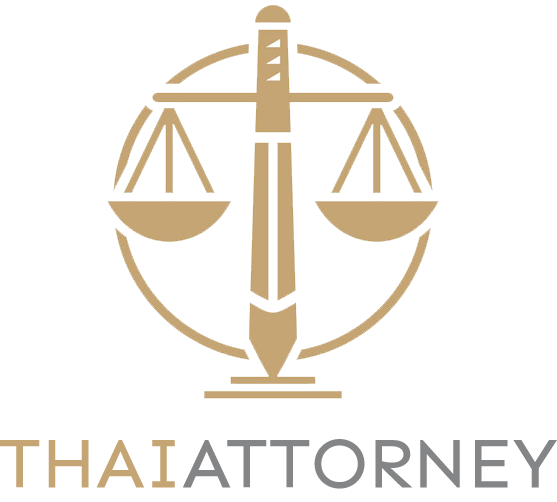Property Mortgages in Thailand often involves navigating the mortgage landscape, a process that differs significantly from many Western countries. Thai banks and financial institutions offer various mortgage products to both Thai nationals and, under specific conditions, foreign residents. Understanding the intricacies of Thai property mortgages—ranging from eligibility criteria to legal frameworks—can help prospective buyers make informed decisions.
1. Overview of the Mortgage System in Thailand
A mortgage in Thailand is a legal agreement where the borrower uses property as collateral to secure a loan from a lender, typically a bank. The lender retains the right to seize the property if the borrower defaults on payments.
Key Regulations:
- Governed by the Civil and Commercial Code (Sections 702–746).
- Mortgages must be registered with the Land Department to be legally enforceable.
2. Eligibility Criteria
For Thai Nationals
- Proof of stable income and employment.
- Positive credit history.
- Required down payment typically ranges from 10% to 20% of the property’s value.
For Foreigners
Foreign nationals face additional restrictions:
- Generally, only eligible for mortgages on condominiums (due to foreign ownership laws).
- Must have a valid work permit or permanent residency.
- Some banks require foreigners to show a consistent income deposited into a Thai bank account for a specific period (often 6–12 months).
3. Types of Mortgage Loans Available
Fixed-Rate Mortgages
- Interest remains constant for an initial period (typically 1–3 years).
- Provides stability in monthly repayments but usually converts to a variable rate afterward.
Variable-Rate Mortgages
- Interest rates fluctuate based on market conditions.
- Commonly tied to the Minimum Retail Rate (MRR) or the Minimum Loan Rate (MLR) set by banks.
Balloon Mortgages
- Lower monthly payments with a large “balloon payment” due at the end of the term.
- Suitable for borrowers expecting a significant income increase or asset sale.
4. Mortgage Registration and Fees
All mortgages must be registered with the local Land Office. Associated costs include:
- Registration Fee: 1% of the loan amount.
- Stamp Duty: 0.05% of the total loan.
- Legal Fees: Varies depending on the lawyer or service provider.
5. Loan-to-Value (LTV) Ratios
- Thai Nationals: Can typically borrow up to 90% of the property’s appraised value.
- Foreigners: Often limited to 50%–70% LTV, depending on the bank and financial history.
6. Repayment Terms and Conditions
- Loan Terms: Usually range from 10 to 30 years, with shorter terms for foreigners.
- Early Repayment Penalties: Many lenders impose fees if the mortgage is paid off early, particularly within the first few years.
7. Risks and Challenges
Currency Fluctuation Risks
For foreigners earning in a currency other than Thai Baht, fluctuations can significantly impact repayment costs.
Default Consequences
If a borrower defaults, the bank has the right to auction the property to recover the outstanding debt. Legal recourse for reclaiming funds beyond the property’s value can be challenging for foreigners.
8. Tips for Foreign Borrowers
- Work with Reputable Banks: Major banks like Bangkok Bank and Kasikornbank have experience dealing with foreign clients.
- Understand the Contract: Ensure all terms are clear, particularly regarding interest rates and repayment schedules.
- Seek Legal Advice: Engaging a qualified lawyer ensures compliance and protects your interests.
Conclusion
Securing a mortgage in Thailand involves navigating a system with unique legal and financial considerations, especially for foreign buyers. While the process can be complex, understanding the key elements—eligibility, types of loans, and legal obligations—can lead to a successful property investment. Consulting with financial experts and legal advisors ensures a smooth, transparent mortgage experience, aligning with both regulatory requirements and personal financial goals.

